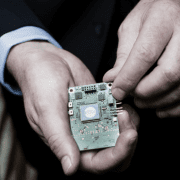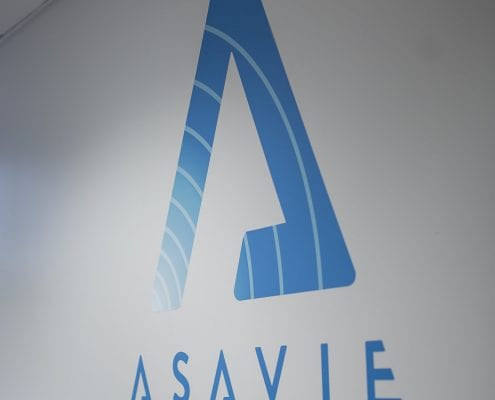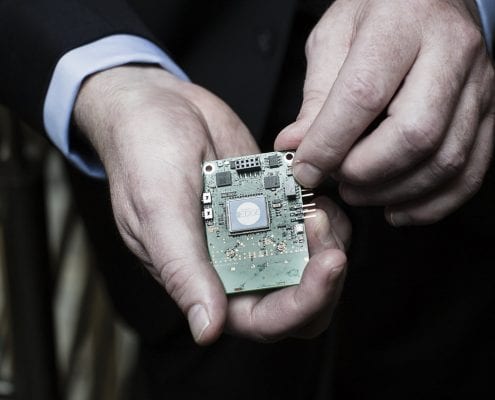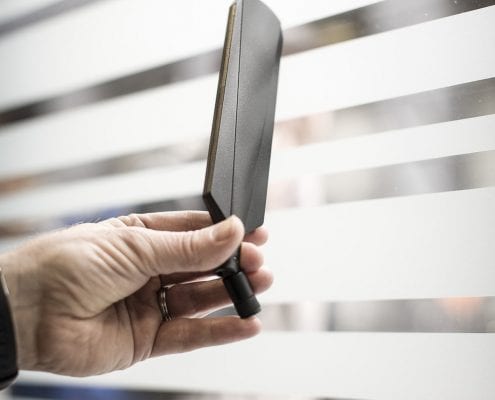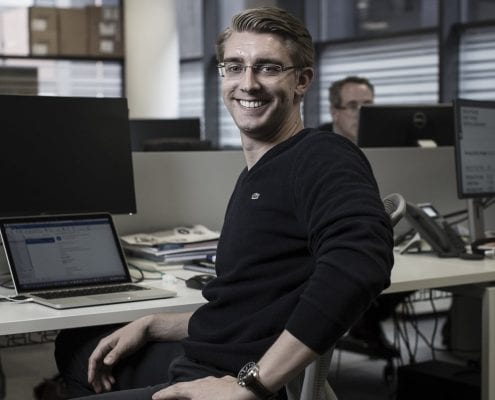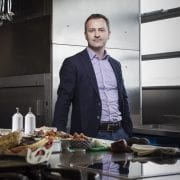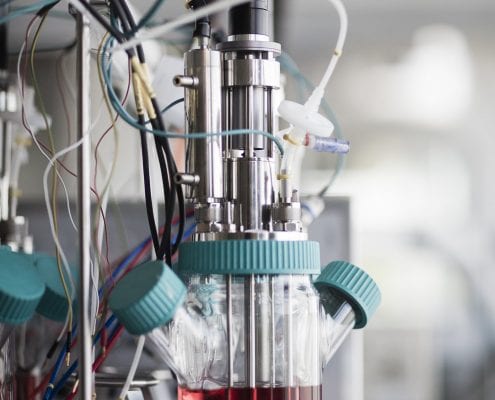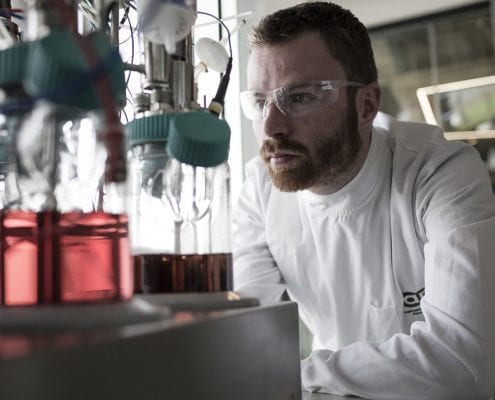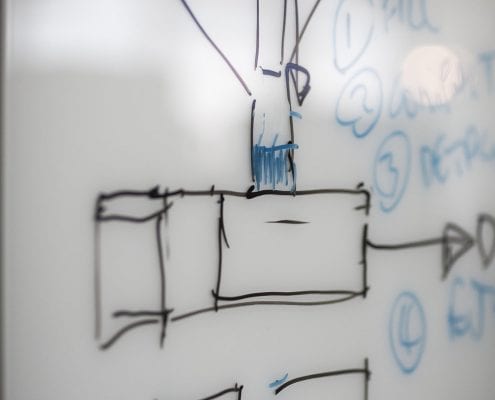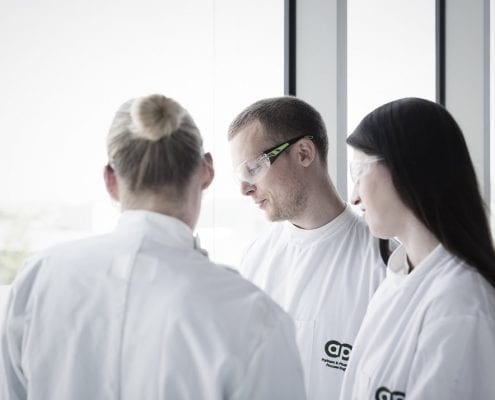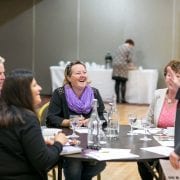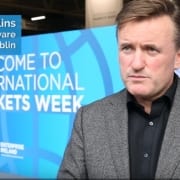Nordic Countries Offer Opportunities as Irish Fintech Grows
As a source of growth in both the Nordic and Irish markets, the fintech sector has become an important focus for innovation initiatives. Over the past five years, Stockholm attracted 18% of all European fintech investment, second only to London. When the organisers of Money 2020, the world’s largest financial services event, came to Europe, they chose to locate in Copenhagen.
Significant fintech growth predicted in Ireland
Ireland has become a fintech powerhouse with potential to grow significantly in the next decade. The government’s IFS2020 strategy aims to showcase fintech providers and increase market awareness of the domestic financial services offering. At the end of 2015, Enterprise Ireland counted 8,800 people specifically employed in fintech, up 40% from 2008, with over 100 client companies active in the area.
Showcasing fintech innovation
To capitalise on these growth prospects, Enterprise Ireland expanded the team that supports fintech and launched a sector-specific fintech Competitive Start Fund. The agency fosters fintech innovation through world-class acceleration programs organised with partners including the NDRC and Accenture. The Fintech Innovation Showcase held in Dublin gave ambitious Irish businesses, including Vistatec, Kyckr and Solgari, the chance to explore partnership opportunities with top players from Denmark including Nordea Bank, Danske Bank, Saxo Bank, Nets, SDC, Financial Services Union, Copenhagen Fintech, BEC and Festina Finance. Visitors learned about the capabilities of Enterprise Ireland clients in rapidly developing areas like artificial intelligence, data analytics, payments, cybersecurity, and regulation and compliance.
The opportunity for Irish companies in the Nordics is significant, an attendee explains, “We’re primarily interested in solutions that we can bring to our 10 million retail customers and 700,000 SME and corporate customers. We would like to partner with Irish start-ups that have banks as customers. Potential areas include open banking, solutions leveraging opportunities created by PSD2, like financial aggregators, and AI and machine learning. Inputs on the fintech initiatives of tech giants residing in Ireland are also of interest.”
Researching new markets
One challenge clients experience when expanding overseas is to understand the market’s business culture and customers. Attending events like the Fintech Showcase gives Irish companies an opportunity to learn about practical aspects of doing business in the target market. In the Nordics itself, the Copenhagen Fintech hub connects leading companies in the space in Denmark and can be a great starting point for Irish companies keen to see what Denmark can offer.
Before committing to expansion, Irish companies should be aware that the Nordic market is extremely advanced and has many indigenous global players, making competition fierce. Unless your company has a unique solution, it can be difficult to succeed. Fintech businesses in the region want a reliable, trusted, and secure supplier. An attendee describes their ideal Irish partner, “We like to collaborate with global fintech accelerators that provide a consistent pipeline, are highly verticalised within payments and adjacent services, and agnostic to geography. We are particularly interested in connecting with fintechs with IoT-knowledge, especially Internet of Payments. Value-added services connected to retail are of major interest if the technology can be exported to the Nordic context, for example start-ups that collaborate with a merchant to demonstrate a practical solution in the Irish market that can be easily exported overseas.”
In addition to attending events like the Fintech Innovation Showcase, there are a range of supports you can access to realise plans in the Nordics. Enterprise Ireland offers R&D, Innovation and Competitiveness funding to help companies identify and fill knowledge gaps. Local offices can connect you to specialist Market Advisors in the region. Taking time to learn about the realities of the Nordic market will give your plans for growth every chance of success.



